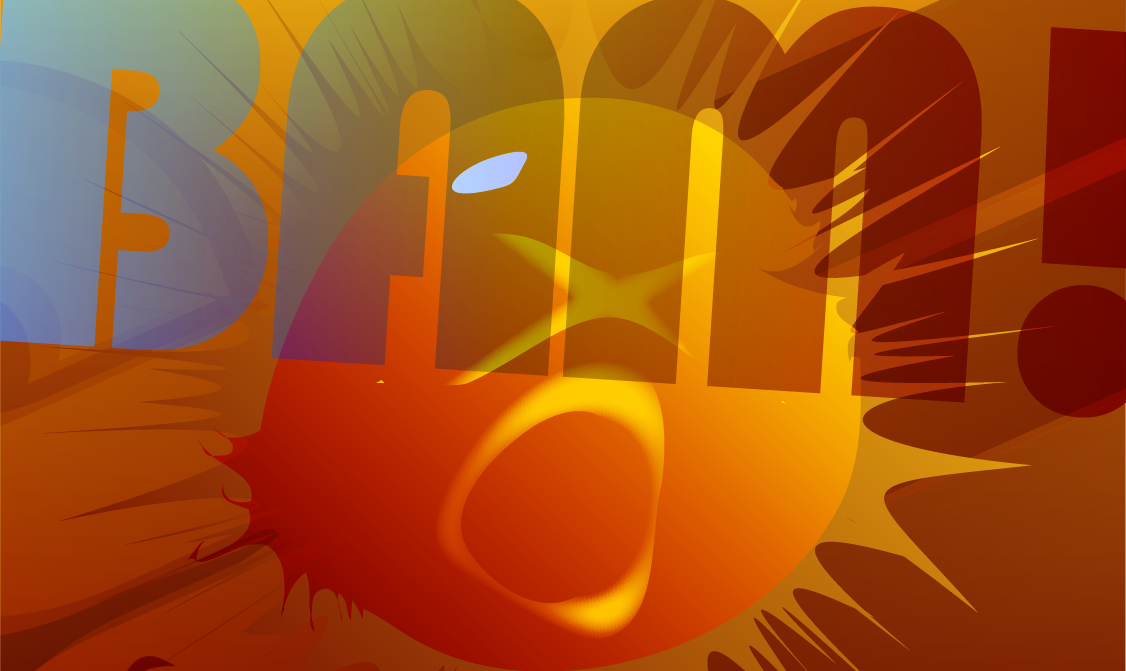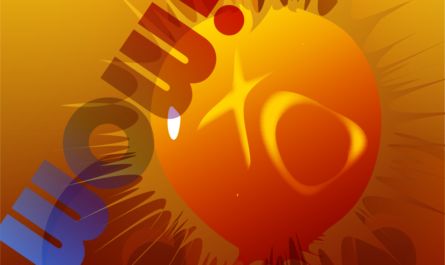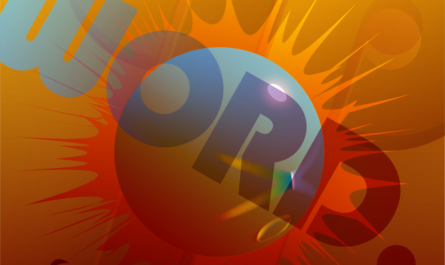What is practical about certainty? Society places great value on the quality of a certain mind. With certainty people overcome a fear of risk to achieve. The attainment of certainty clears a path for the certain. Observe the success of certainty — I admit it has value.
Types of Certainty
There are at least two important types of certainty holding sway in society. One type is gained through research, taxonomy, science, logic, and reason. The other type seems to be generated internally, from within the individual who experiences it, regardless of material evidence. These two types are often exclusive to one social domain or another. The first type I described is most useful in industrial planning and operations, for example. The second type is found in the arts and humanities, and in religion. It is true that in situations where the two types compete, having obtained different conclusions on the same question, the first type, based on reason and evidence, often surpasses the other — but not always.
These two types of certainty are distinct from the concept of faith. Since the practice of faith appears as a kind of certainty, one might think I mean to include faith in the second type of certainty, but this is not so. Faith is a practice, and to practice faith means to believe from a position of uncertainty, even against reasoned arguments. As an intentional practice, faith is a separate matter to be examined elsewhere, at another time.
The Tyranny of Uncertainty
Certainty is a word instantly subverted by its opposite: uncertainty. Certainty is invented. I suggest that the very concept of certainty is dependent on the uniformly uncertain quality of lived experience. Who can debate that uncertainty is the default position for any living being? What is certain about life?
Maybe I am wrong, but it seems to me that certainty, constructed out of human thought to counter the awful chaos in the present and the terror of an unknown future, is as frail as it is rare. By standards of evidence, attainment of certainty is only established after an exhaustive pursuit — it can even be argued that among the hard sciences certainty is logically unattainable.
The Unusual Suspect
For many decades I have argued against certainty. I still say, “I am deeply suspicious of your certainty.” And by this I mean everyone, all of you, and myself included. All of you so-called experts, you technicians, you learned scholars and earnest researchers, you lawyers and doctors, you salty dogs so sure of your skepticism, you men of faith and prophets of God, you polemical robots and ideological sycophants, you political activists and ambitious leaders, you weirdos and other people like me, and even you regular people minding your own business: we might be wrong. About anything. Everything.
All of us, whenever we reinforce our suspicions with this quality of certainty, however it is summoned, this is when we are most vulnerable. This is due to the very basic fact that we might be wrong.
I am certain that certainty is overvalued, over-hyped, easily counterfeited, and often fatal. I admit it is a contradiction — a paradox, if I want to be more generous. But this recursive notion is as clear as it gets.
db!







